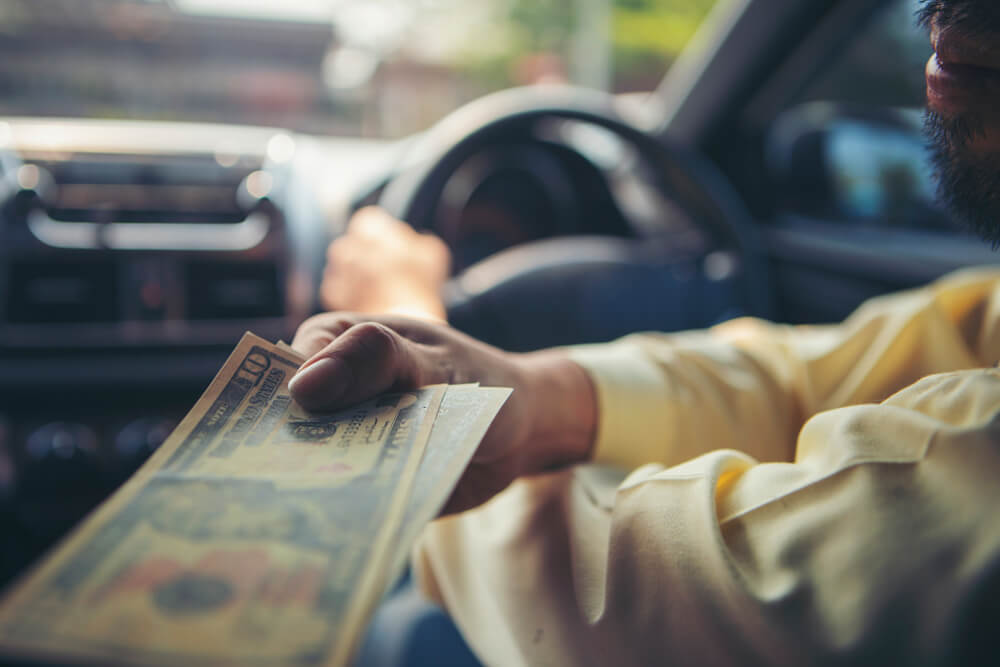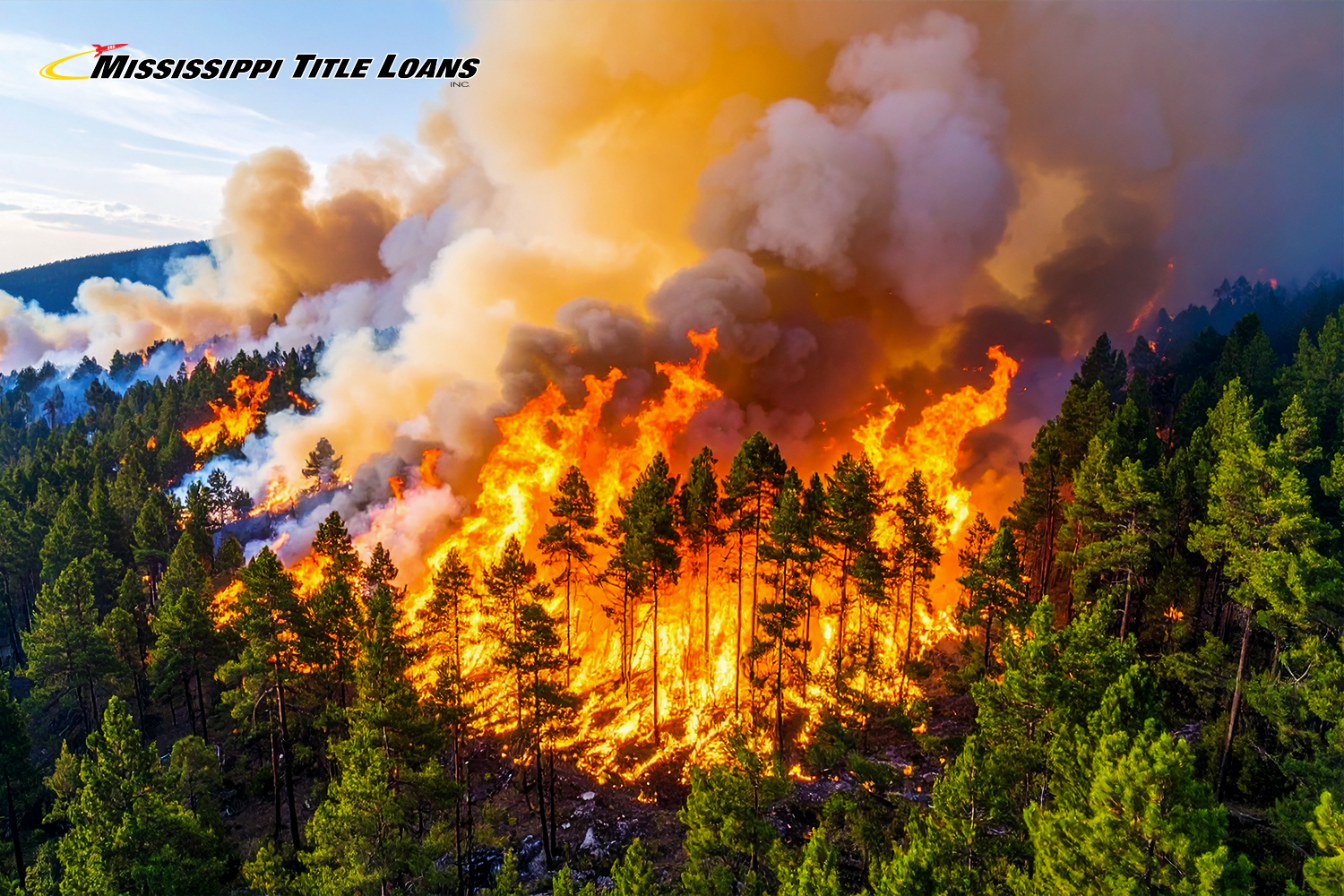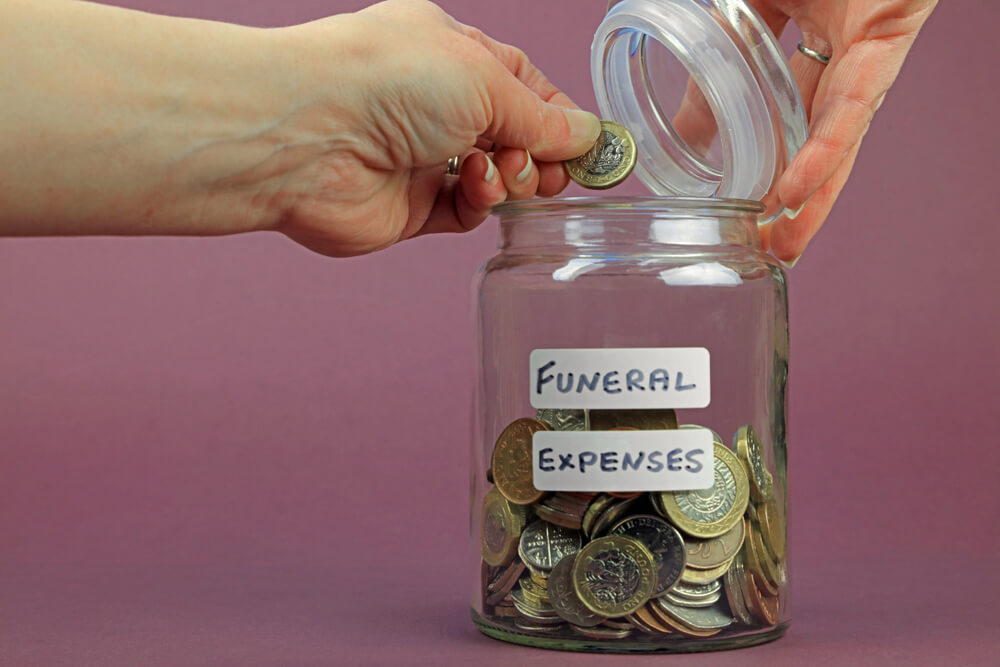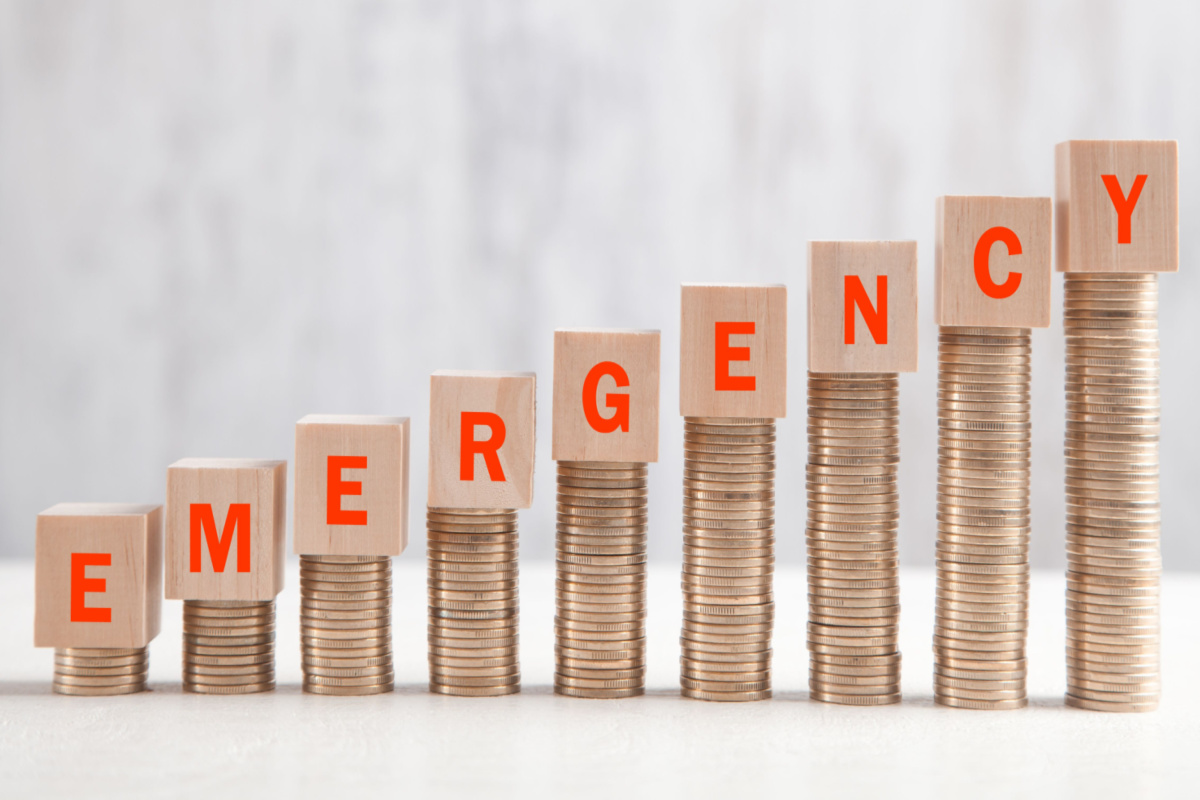Emergency expenses are an inseparable part of life. You can’t account for every expense in your life no matter how much you try. What you can do, however, is have a probable budget for most common emergency expenses – and set your emergency fund up in a way to be able to comfortably cover them. Here are seven types of emergency expenses you should budget for.
Make Sure To Budget For These Emergency Expenses
1. Medical Emergency
Medical emergencies, unfortunately, stay the most probable budget-busting ones. Healthcare in America is expensive. Even if you have insurance, you should make sure that you’re able to cover unplanned ER visits and deductibles on the go.
2. Overdue Bills
If you’re living paycheck to paycheck and have trouble stretching one until the next comes in, there’s a risk even rent and utilities could become emergency expenses one of these days. You should try to get at least a month ahead on them to make sure that an emergency never comes around.
3. Unexpected Travel
Making last-minute travel plans can be rather expensive. But sometimes family, work, or health emergencies force us to dash to the other end of the country without delay. Traveling can be hard to budget for, especially when you don’t know where you might be forced to travel. But using average travel costs you should be able to make at least a sample budget.
4. A Car Breakdown
America might be the greatest country in the world in certain categories – but the public transport system is, unfortunately, not one of them. As such, owning a private vehicle is often not only the most comfortable – but the only possible way to travel around for the majority of people in the country.
This means a well-functioning dependable car is not an indulgence but a necessity that cannot be easily replaced. Again, accounting for all possible emergency expenses is not possible – but based on average car repair prices in your area, you should have at least a probable budget for a possible car breakdown.
5. Assistance Around The House
If you own residential property then keeping that property well-functioning is solely your responsibility. And if there’s one thing you should know about owning residential property, it’s that emergency expenses are a fact of life.
And we’re not necessarily talking about large expenses like leaky roofs and burst pipes. There are plenty of smaller but no less urgent expenses to account for – like locksmith’s assistance for sudden lockouts, broken or misplaced keys, or a plumber’s assistance for clogged sink or toilet.
Again, using estimates to create a probable budget would go a long way to have you prepared for most of them.

Related content: The Ultimate Emergency Checklist
6. Moving Expenses
Did you know that even a local move could easily cost well over $1,000? The intrastate move could easily double the cost. And if you’re moving to a different state your expenses could swell up to $5,000.
And those are the average costs of a planned move. Emergency expenses can be even bigger since a short time frame will likely prevent you from finding the best deal. That’s why it’s important to have at least a probable budget of what moving would cost if you were suddenly forced to move tomorrow.
7. A Job Loss
All expenses are emergency expenses if you don’t have an income. A solid emergency fund, covering 6 months’ worth of your expenses – even if you only accounted for a bare-bones budget – would give you the ability to cover essential expenses while you’re job hunting.
A great upside of hunting for a job with an emergency fund covering your day-to-day expenses is the comparative lack of urgency during the search process. It allows you to take time and consider multiple options while looking for a job instead of jumping onto the first opportunity because you can’t afford to pay for the groceries.
Covering Emergency Expenses Using Payday Loans
Saving for emergencies is a prolonged process. Just deciding to set up an emergency fund isn’t enough – you’ll need time to build it up. So what happens if emergency expenses pop up before you’ve managed to save up a sufficient amount of cash?
In that case, you might need to consider getting outside help – like applying for payday loans. Payday loans help to bridge the gap between pay periods when you really need quick cash. They are accessible, easy-to-apply fast short-term loans. The thing about payday loans is you use your next paycheck to pay them off.
The good thing about Mississippi Title Loans is you can get one regardless of your credit. They’re a quick and convenient way to get a few hundred bucks and cover emergency expenses if you’re on a deadline. Just make sure you are of legal age to qualify for this kind of loan.
How To Get Payday Loans
Going through our payday loans process is simple. To begin the process for payday loans, you’ll need:
- A government-issued ID since you must be over 18;
- Proof of income in the form of your most recent pay stub;
- A blank check from an active checking account in your name.
Submit a filled-out online form on the website and wait for the loan representative from the nearest payday loan location to give you a call. They’ll check your information, answer any questions you might have, and schedule an appointment for you.
Take the required items to the appointment for the representative to assess. If you are approved, you’ll finish the final paperwork on the spot and get the cash.
Get Your Emergency Expenses Handled, Today
Emergencies happen to everyone. It is important to have a way to pay for those emergency expenses when they happen. If you don’t happen to have an emergency fund set up, check out payday loans in Mississippi. Apply for Mississippi payday loans right now to get up to $500 today. Fill out our online form when you are ready to begin.
Note: The content provided in this article is only for informational purposes, and you should contact your financial advisor about your specific financial situation.







